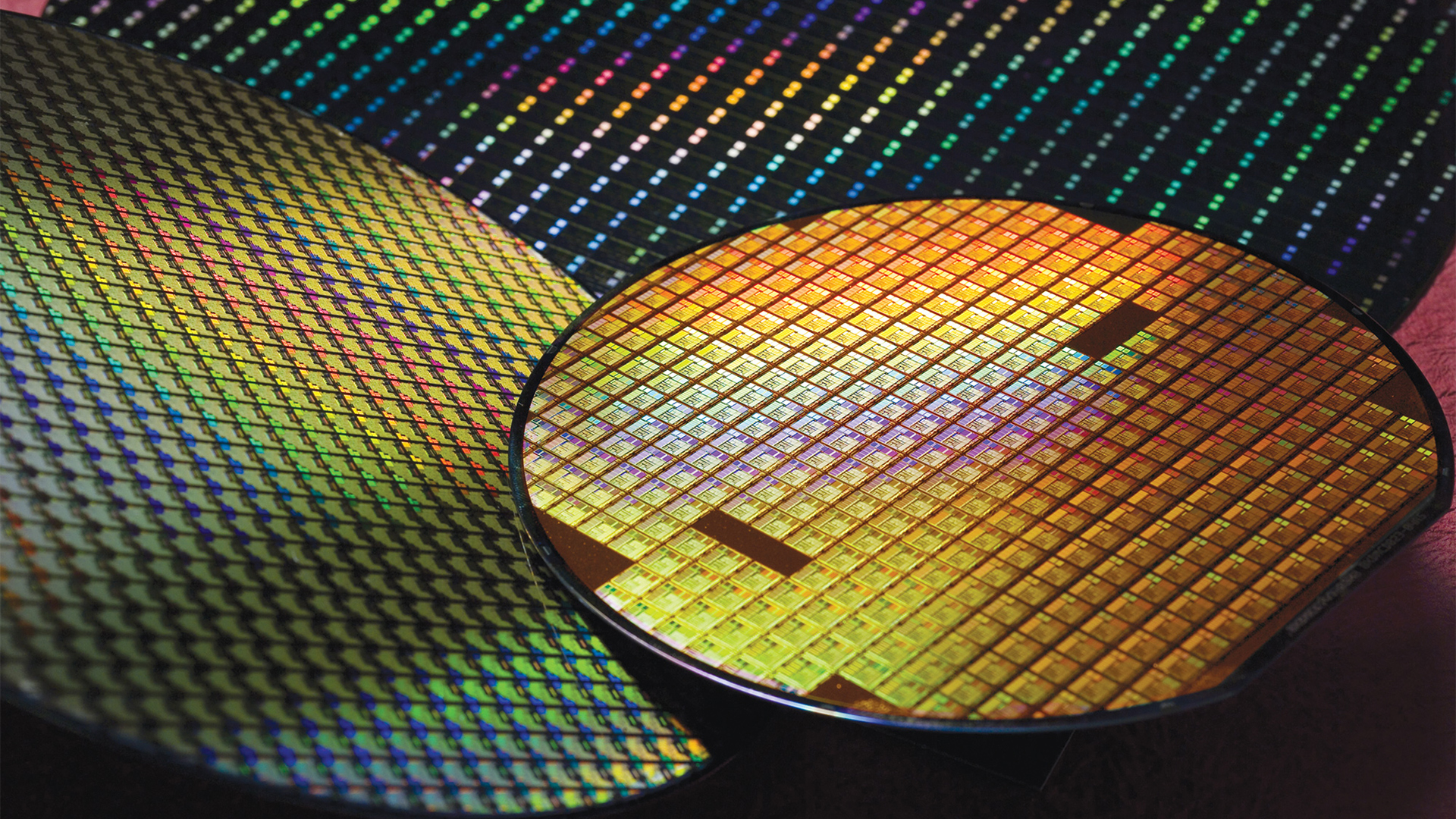According to the story, which was provided by the United Daily News (UDN), TSMC would discontinue the price reduction it had been providing to clients in the aftermath of the coronavirus outbreak. Following the epidemic, TSMC gave reductions of between 2% and 3% to consumers; however, it now appears that mounting expenses have caused the business to eliminate the concession. The source for UDN goes further and predicts that even if the cost of mature industrial processes, such as those above 16 nanometers, rises by 15% to 20% and those for processes below 7nm rise by 10%, the price increase that will occur in 2019 will range between 3% and 6%, indicating that the majority of price hikes will be taken into account in TSMC’s gross margins rather than its final prices. The margins of TSMC might also be harmed by cost hikes for cutting-edge manufacturing techniques like 3 nanometer. Even though the business would be able to fit more transistors on a wafer with 3nm, the investment bank Morgan Stanley predicted that the higher expenses and early wafer pricing would erode the profits. According to a study report from 2019, die costs are greater and a 3nm wafer costs $3,000 more than a 5nm wafer. The source continues by saying that TSMC is having issues with its seasoned clients transitioning to newer nodes because of greater costs. More than 50% of its sales come from manufacturing methods below the 7nm node, which suggests that the majority of its clients are content with the older technology as long as the unit price is kept low. This is undesirable from TSMC’s point of view due to both lower revenue and the fact that it takes the company longer to recover the cost investments. Large capital investments are needed for advanced technologies, thus it’s critical for chipmakers to get orders to finance their expenses. Source: United Daily News

